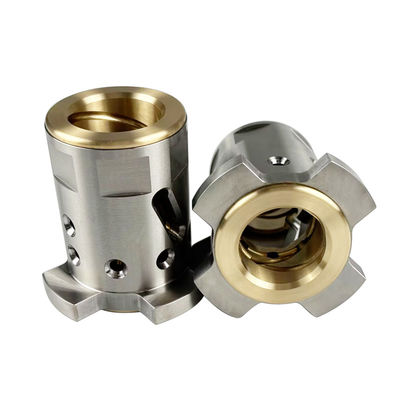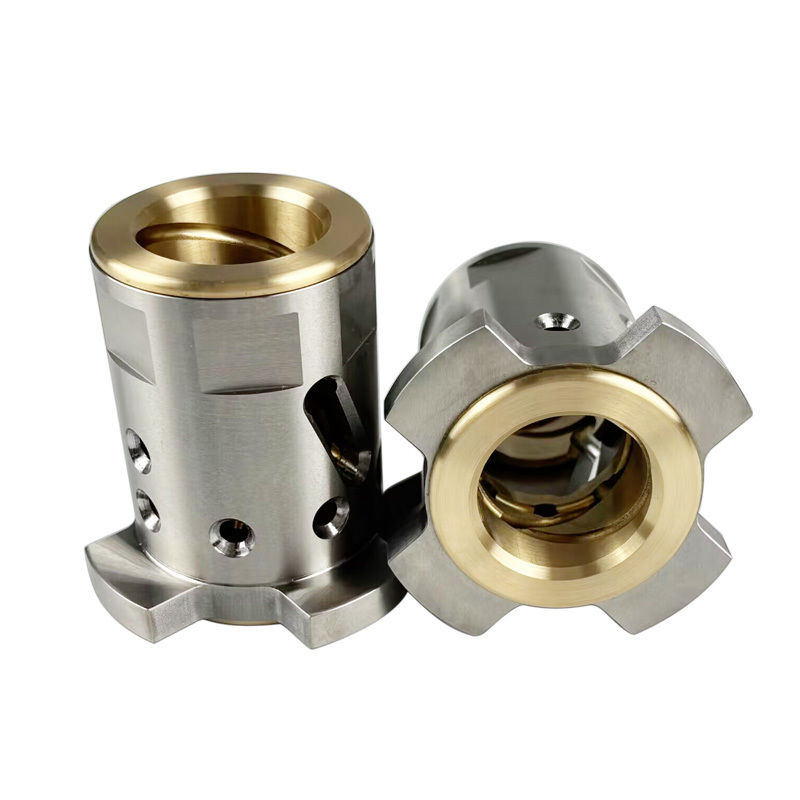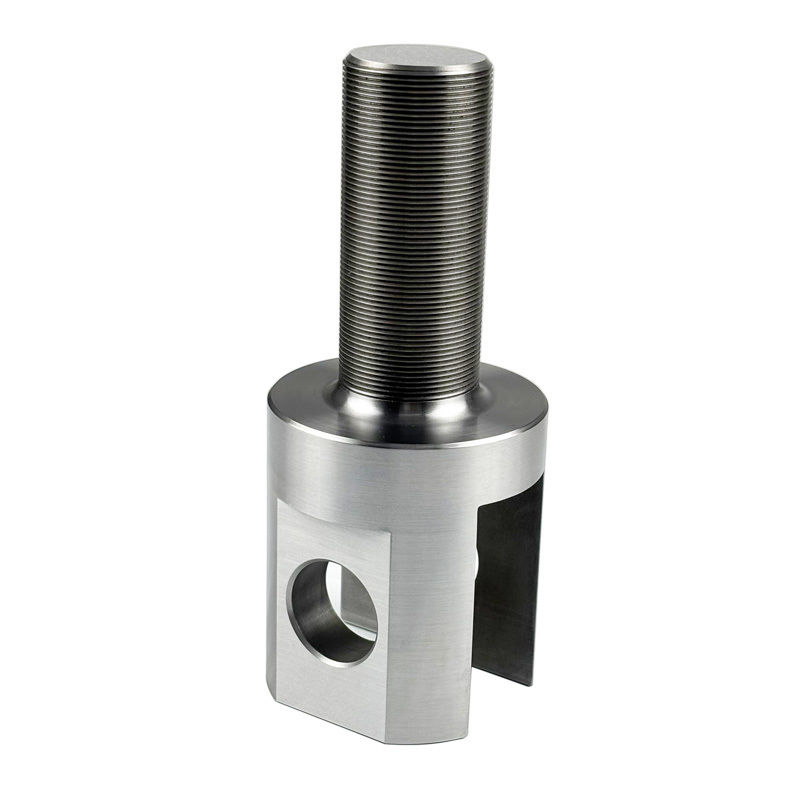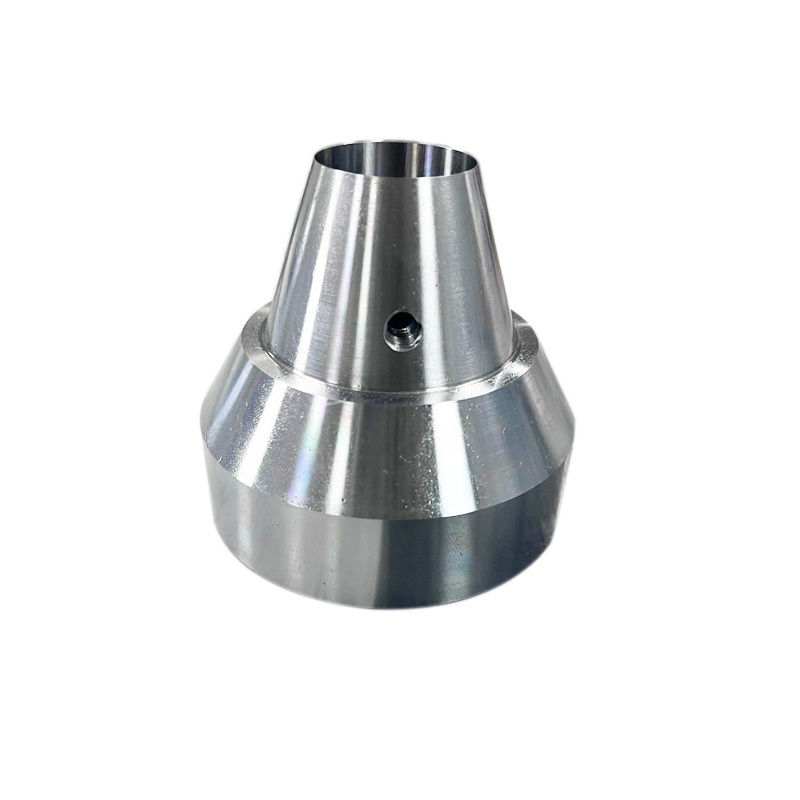
Steel CNC Machining: Your Online Machining House and Service Provider
-
Highlight
Steel CNC machining services
,CNC turning parts supplier
,Precision CNC machining house
-
Product NameMachining Parts
-
Surface TreatmentAnodizing,polishing,chrome As Your Request
-
ServiceOEM /ODM CNC Machining
-
Apply ToAny OEM Cnc Machining Parts
-
SampleNeed To Pay Sample Fee
-
Tolerance0.01~±0.005mm
-
ProcessCnc Machining+deburrs
-
FeatureDurable And High Precision
-
ColorCustomized Color
-
Delivery Time3-5 Days For Sample Order, 10-15 Days For Bulk Order After
-
Place of OriginGuangdong
-
Brand NameHS
-
CertificationISO9001,ISO14001
-
Model NumberHS-45
-
Minimum Order Quantity1Piece/Pieces
-
PriceUSD,0.89-10.79,Piece/Pieces
-
Packaging DetailsEPE foam inside and Carton outside or EPE foam inside and Wooden outside
-
Delivery Time7-15 work days
-
Payment TermsL/C,D/A,D/P,T/T,Western Union,MoneyGram
-
Supply Ability5000,Piece/Pieces,Month
Steel CNC Machining: Your Online Machining House and Service Provider
The manufacturing industry relies on high-precision steel CNC machining to create durable, high-performance components. Whether you need a trusted machining company or a fast online machining service
|
Stainless Steel: SS201,SS301, SS303, SS304, SS316, SS416 etc.
|
|
Steel: mild steel, Carbon steel, 4140, 4340, Q235, Q345B, 20#, 45# etc.
|
|
Brass: HPb63, HPb62, HPb61, HPb59, H59, H68, H80, H90 etc.
|
|
Copper: C11000,C12000,C12000 C36000 etc.
|
|
Iron: A36, 45#, 1213, 12L14, 1215 etc.
|
|
Plastic: ABS, PC, PE, POM, Delrin, Nylon, PP,PEI, Peek etc.
|
|
CNC Milling work range: 510 * 1020 * 500 mm(max) Tolerance: +/-0.01 mm
|
Aluminum
Aluminum is a metal used extensively across a wide range of industries, including aerospace, automotive, electronics, consumer goods, construction, and marine. Its light weight, high strength-to-weight ratio, and inherent corrosion resistance make it a highly sought-after material. Furthermore, aluminum excels in low-volume, economical production because it is soft and highly machinable, allowing it to be shaped into desired products using inexpensive tooling. Low-volume CNC machining is ideal for custom aluminum parts.
Stainless Steel
Stainless steel is the metal of choice in many industries, particularly where corrosion resistance is crucial. It is widely used in food and beverage processing, chemical processing, medical, automotive, construction, marine, and consumer goods. Stainless steel not only offers aesthetic appeal but also provides the same high strength as ordinary carbon steel while offering superior corrosion resistance. This makes it an ideal choice for a wide variety of applications.
Brass
Brass is an alloy composed of varying concentrations of copper and zinc. Compared to steel and some aluminum alloys, brass is a softer material, making it easier to machine. Brass is commonly used in plumbing components such as fittings and valves, as well as electronic components such as switches and terminals. Brass is also widely used in products such as door hinges, knobs, and gears.
Mild Steel
Mild carbon steel refers to steel with a low carbon content, typically between 0.05% and 0.20%. Widely referred to as low-carbon steel, this type of steel is the most commonly used and easiest to machine. Mild steel is widely used in structural applications such as construction, machinery, piping, electronics, and power generation, favored for its excellent machinability and cost-effectiveness.
Alloy Steel
Alloy steel refers to steel that may contain various pure elements in addition to iron and carbon. Common alloying elements include nickel, chromium, molybdenum, silicon, and tungsten. Different types of alloy steel possess unique properties due to their varying chemical compositions. For example, the addition of chromium and nickel enhances steel's hardness and strength while also improving its corrosion resistance. Alloy steel is widely used in industries such as automotive, railways, mining, and construction, and is highly sought after for its excellent performance and adaptability.
Tool Steel
Tool steel is a steel specially formulated for tool production. Compared to mild and alloy steels, tool steel has a higher carbon content and contains alloying elements such as chromium, molybdenum, tungsten, and vanadium. The addition of these elements imparts tool steel with high hardness, high wear resistance, and good thermal stability. Tool steel is first processed into various forms through small batch processing and then used to manufacture products such as drill bits, machine dies, reamers, and various hand tools.
![]()
![]()
FAQ:
Q: Are you a trading company or manufacturer?
A: We are a factory.
Q: How can I obtain a quotation?
A: To receive a quotation, please send us drawings in formats such as IGS, DWG, STEP, etc., along with a detailed PDF. If you have any specific requirements, please include them in the request, and we will provide professional advice for your reference.
Q: What if I don't have a drawing?
A: In such cases, you can provide us with samples or drawings. Rest assured, we will ensure the safety and confidentiality of any provided drawings.
Q: What is your delivery time?
A: Normally, it takes 7-14 days for the parts to be ready. We have systems in place to ensure timely delivery.
Q: How do you ship the products? What are the packing details?
A: For small quantity orders, we have partnerships with courier services like TNT, FEDEX, UPS, etc. For larger quantities, air or sea shipment options are available. We have standard packing details, but if you have any specific requirements, we are willing to assist you.
Q: Do you provide samples? Is there an extra charge?
A: Yes, we can provide samples, but there may be an extra charge for them.
Q: What are your payment terms? How can I make the payment?
A: Our payment terms are 50% T/T (bank transfer) in advance, with the balance payment due before shipment. If you have any other questions, please feel free to contact us.



